To overvalue something is a form of lying
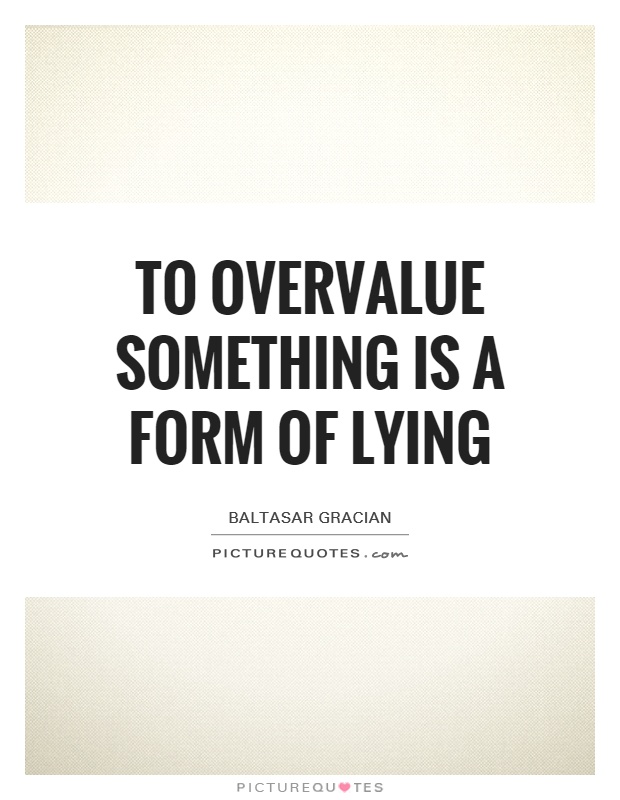
To overvalue something is a form of lying
In the context of Baltasar Gracian's teachings on ethics and morality, the idea that to overvalue something is a form of lying holds significant weight. Gracian, a Spanish Jesuit and philosopher known for his work on practical wisdom and the art of living, believed in the importance of honesty and authenticity in all aspects of life. He emphasized the need for individuals to be true to themselves and others, and to avoid deception and manipulation in their interactions.To overvalue something is to assign it a greater worth or importance than it truly deserves. This can take many forms, such as exaggerating the qualities or benefits of a particular object, person, or idea, or inflating its significance in order to gain favor or advantage. In doing so, one is essentially deceiving oneself and others, presenting a false image or perception that does not align with reality.
Gracian would argue that this kind of dishonesty is harmful not only to the individual engaging in it, but also to those who are influenced or affected by it. By overvaluing something, one distorts the truth and creates a false sense of reality that can lead to misguided decisions, misplaced priorities, and ultimately, disappointment and disillusionment. In essence, to overvalue something is to deceive oneself and others, perpetuating a cycle of falsehood and deception that undermines trust and integrity.
Gracian believed that true wisdom and virtue lie in being honest and authentic in one's assessments and judgments. By acknowledging the true worth and limitations of things, one can make informed and rational choices that are grounded in reality and aligned with one's values and principles. To overvalue something is to betray these principles and compromise one's integrity, leading to a loss of credibility and self-respect.
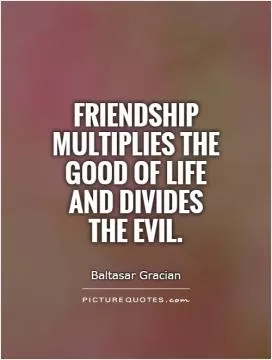
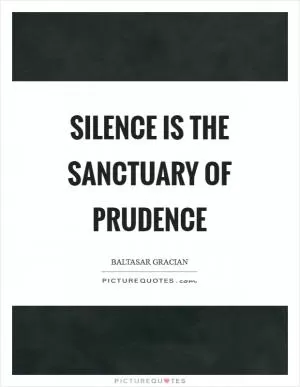
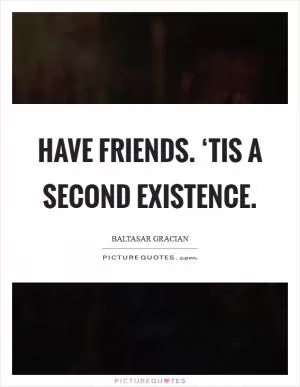
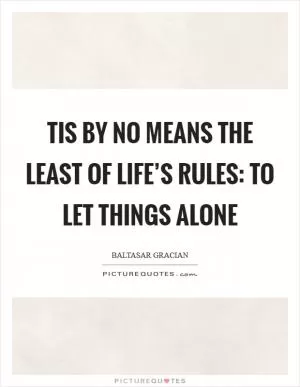
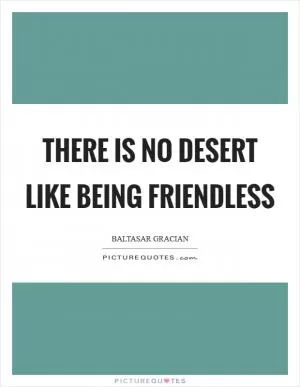
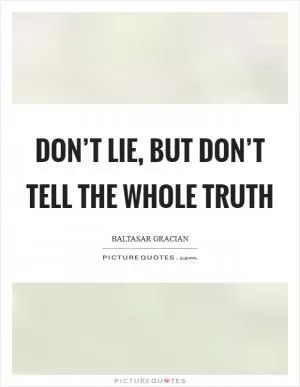
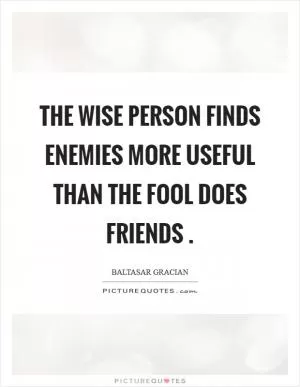
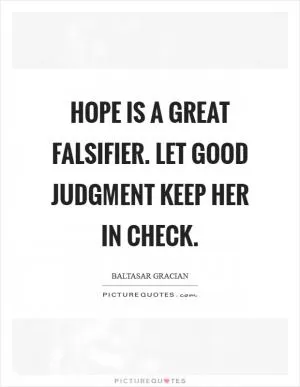
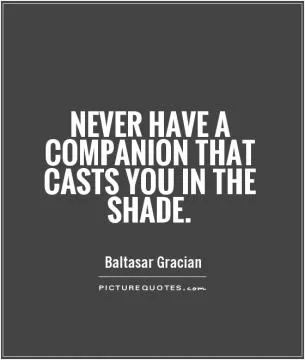



 Friendship Quotes
Friendship Quotes Love Quotes
Love Quotes Life Quotes
Life Quotes Funny Quotes
Funny Quotes Motivational Quotes
Motivational Quotes Inspirational Quotes
Inspirational Quotes